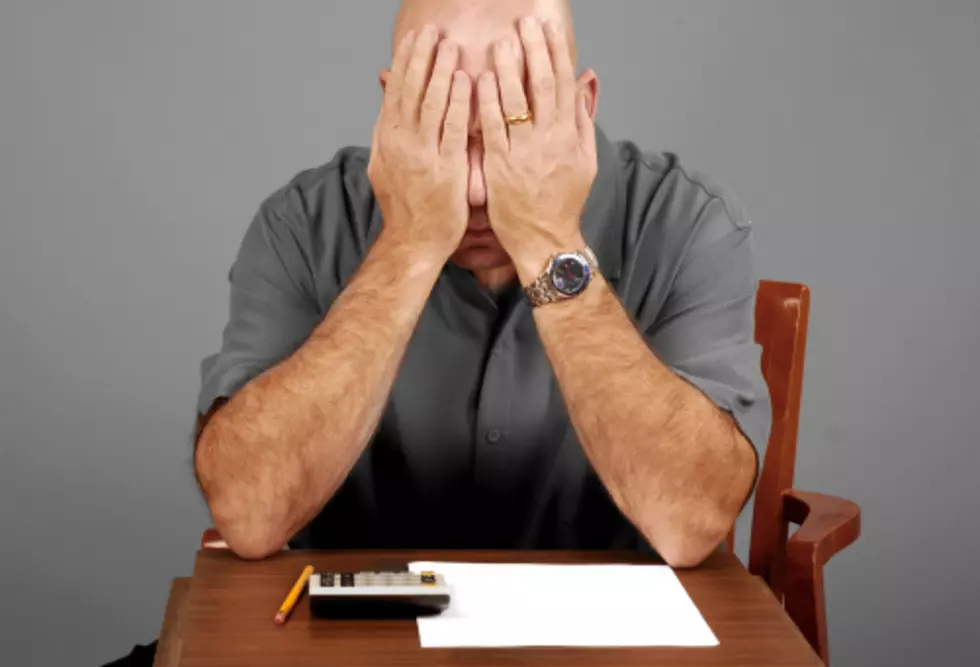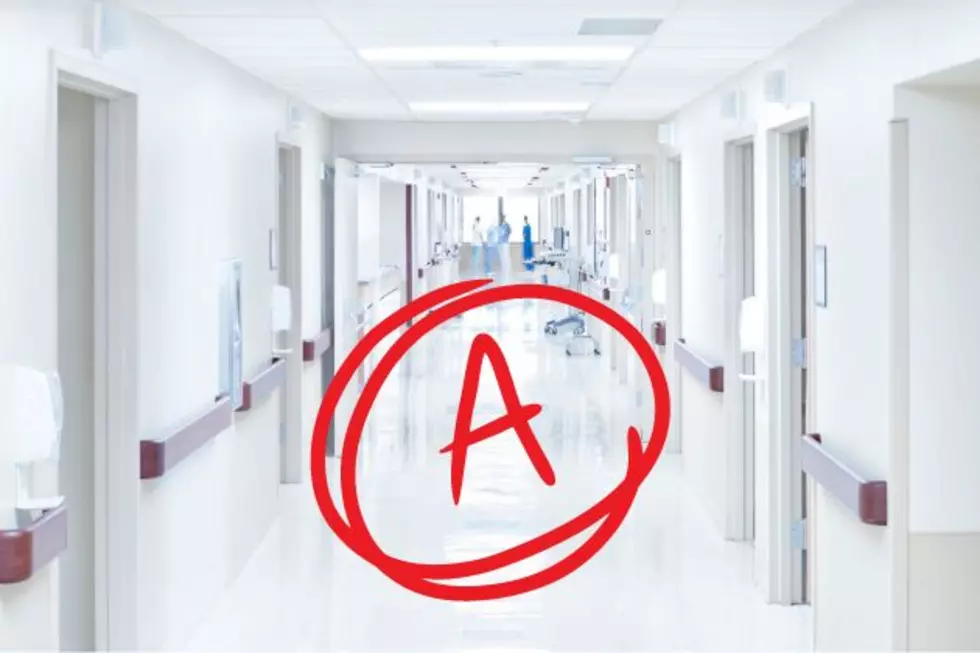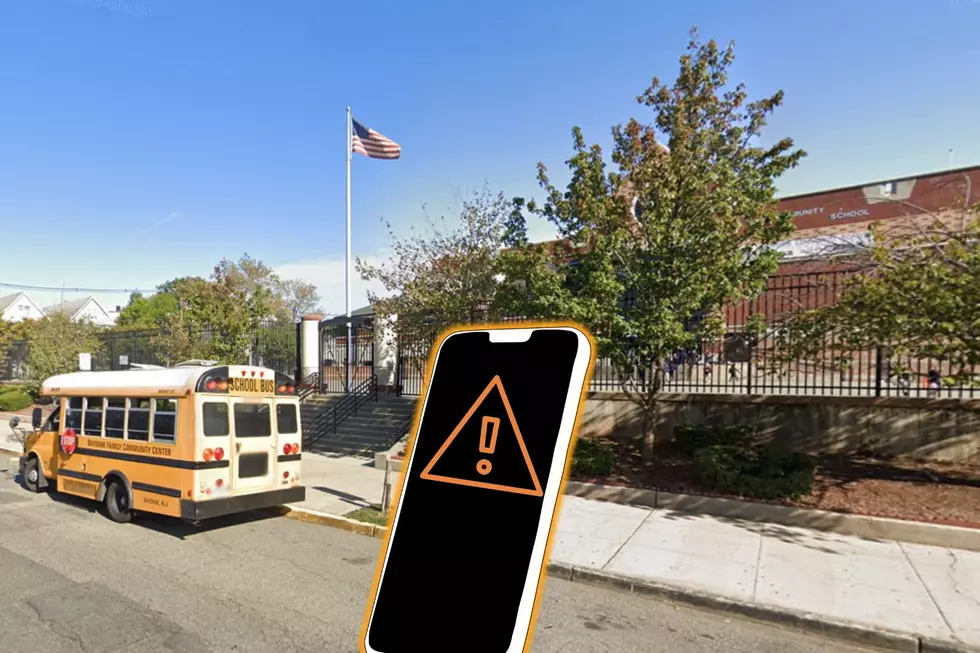
Another interest rate hike: NJ economist explains who will hurt
With the Federal Reserve announcing another big interest rate hike on Wednesday to combat inflation, life continues to get more difficult and expensive for New Jersey residents living paycheck to paycheck and relying on their credit cards to make ends meet.
The Fed has raised rates 0.75% to slow the economy.
Rutgers University economist James Hughes said with rates going up, “the burden, as usual, will fall on those that are heavily dependent on credit, because certainly interest rates on any debt are going to increase and the most common form of debt is credit card debt.”
Credit card pain
He said this means “those that have been living off of their credit cards are going to find life a little bit harder, come the aftershocks of the feds increases.”
A new Creditcards.com survey finds 60% of people in New Jersey and across the country report they’ve had credit card debt for a year, and 40% say it’s been at least 2 years.
The report finds 29% of Gen Xers, 22% of baby boomers and 12% of millennials with credit card debt have carried balances on their cards for at least 5 years.
The survey also finds almost half of respondents (46%) indicate they now have credit card debt because of unexpected emergencies and expenses.
Additionally, 24% said they have credit card debt because they were forced to use credit cards to cover groceries, childcare and utility payments.
No silver bullet
Hughes said the lower middle class and those without savings and those dependent on credit are going to feel the effects of the rate hike first, and there’s no silver bullet.
“The only thing is consumers following consumer strategies of moving away from labeled products to store products, or moving from beef to chicken, changing your consumption patterns," he said.
“Given the really uncertain economic times people have to be very, very careful on their consumption. It’s painful but that’s the way to avoid more future pain.”
For the rest of this year, Hughes expects the Fed to take a wait-and-watch approach.
“They’re going to keep looking at the favored metrics on inflation and if they see inflation easing then they’re going to moderate the increases,” he said.
David Matthau is a reporter for New Jersey 101.5. You can reach him at david.matthau@townsquaremedia.com
Click here to contact an editor about feedback or a correction for this story.
Say you’re from Jersey without saying you’re from Jersey
These NJ towns have the highest rates of sexually transmitted diseases
2021 NJ property taxes: See how your town compares
More From New Jersey 101.5 FM









